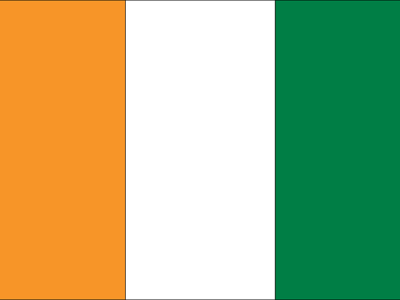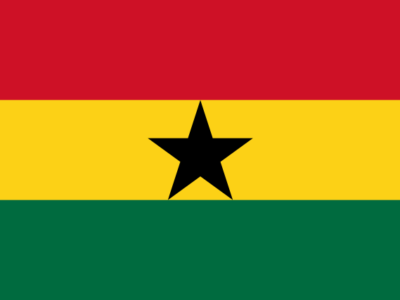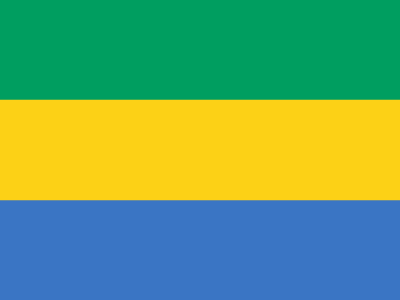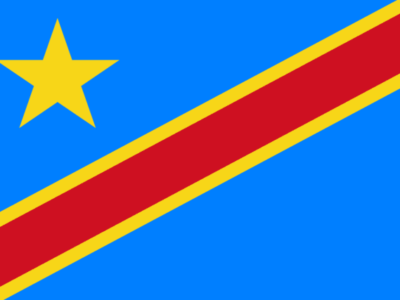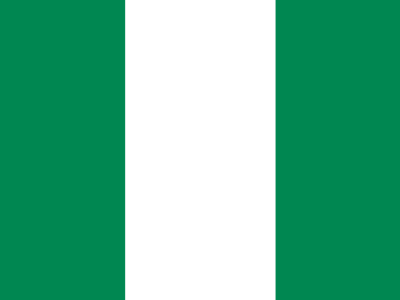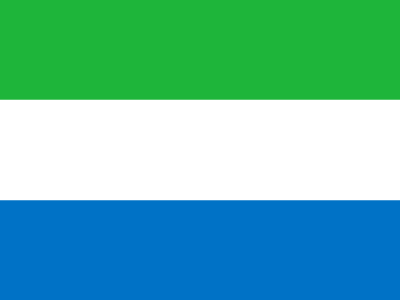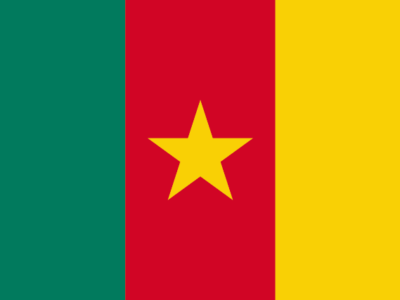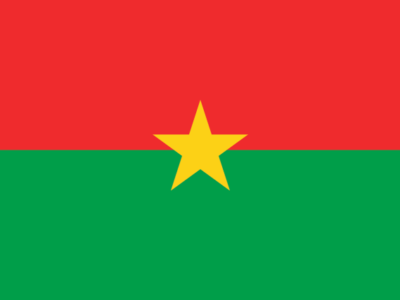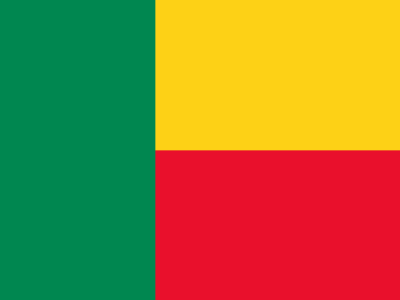High level policy and technical dialogue on cassava viral diseases
Policy makers, donors, researchers and agricultural stakeholders gathered in Abidjan on May 27-28, 2021 for a high-level policy and technical dialogue on cassava viral diseases, co-organized by WAVE and the West and Central African Council for Agricultural Research and Development (CORAF).
The participants were gathered at the Pôle Scientifique et d’Innovation of Université Félix Houphouët-Boigny (UFHB), for 2 days, to discuss on ways to strengthen synergies between national and regional organizations in order to set up an efficient surveillance system and to implement response plans for the management of plant pathogens in West and Central Africa.
This unprecedented meeting began with a ministerial panel on the “Formulation of effective policies for pests and diseases surveillance and management” . It brought on stage the Ivorian Minister of Higher Education and Scientific Research, the Gabonese Minister of Agriculture, Livestock, Fisheries and Food, the Sierra Leonean Minister of Agriculture, Forestry and Food Security, the Gabonese Deputy Minister for Higher Education and Scientific Research, and the ECOWAS Commissioner for Agriculture, Environment and Water resources. The panelists shared with the audience their governmental experiences in the field of plant health, particularly in the fight against transboundary phytopathogens. They unanimously emphasized that in the matter of plant health, our African states borders become almost non-existent. Consequently, strong alliances between African countries and a synergy between the agricultural field stakeholders (politicians, scientists and farmers), remain the keystone of food and nutritional security of our continent.
A second panel brought together scientific experts from African regional organizations (ECOWAS and ECCAS) as well as the heads of plant protection and phytosanitary control departments from Benin, Côte d’Ivoire, Democratic Republic of Congo and Gabon on the theme of “National, regional and international operationalization of disease response plans”.
What they said
“It is necessary to make data available to policy makers to enable them to make decisions on plant protection.” (Mr. Mohamed ABAKAR / Head of the Department of Agriculture and Rural Development / ECCAS)
“For the sustainability of the laboratories, we ask the States to finance fellowship projects within the framework of bilateral cooperation for WAVE laboratories’ sustainability.” (Dr. Benoît GNONLONFIN / SPS and Phytosanitary Expert / ECOWAS)
The 3rd and last panel of the dialogue’s first day, was on the theme “ Sustainability of regional transboundary plant disease surveillance, monitoring and management platforms “. We welcomed on stage the representatives of the Biorisk Management Facility (BIMAF), the Regional Innovative Fruit Fly Management System in West Africa (SyRIMAO), the African Development Bank TAAT Project, WAVE Director of Research and Operations as well as Heads of Plant Protection and Phytosanitary Control of Sierra Leone and Burkina Faso.
What they said
“We need to work hand in hand, strengthen synergy between the different initiatives. The WAVE model is interesting in that it brings together a large number of stakeholders.” (Dr. Ghislain TEPA-YOTTO / BIMAF Coordinator)
“Projects come and go. If we want a regional system to work, there has to be a certain level of commitment from the countries in the region. If we want continuity, it is essential. (…) As African countries, we need to walk the talk! We talk, but at the end of the day, things don’t move because we are not really committed.” (Dr. Chrysantus AKEM / TAAT Coordinator, AfDB)
On the Dialogue’s second day, about 50 experts gathered for more in-depth technical discussions leading to strategic recommendations to the different stakeholders in the cassava value chain in West and Central Africa:
Theme 1: National, regional and international operationalization of disease control action plans
The recommendations of the discussion group are as follows:
* At the WAVE level
– Facilitate the mapping of actors and sensitize them;
– Facilitate the mobilization of resources;
– Facilitate the transfer of research results to the National Services in charge of Plant Protection for their dissemination;
– Extend WAVE’s actions to other strategic crops.
* At the ECOWAS / ECCAS / CORAF level
– Address a correspondence to the States in order to dedicate a budget line for the implementation of the monitoring and response plan against plant diseases and pests;
– Advocate for the mobilization of resources.
* At the National Plant Protection Services (NPPS) level
– Draft a text for the establishment of the steering committee / task force ;
– Contribute to the implementation of the action plan through the mobilization of resources.
*At the private sector level
– Contribute to the implementation of the action plan through resource mobilization.
Theme 2: Sustainability of regional transboundary plant disease surveillance, monitoring and management platforms
The recommendations of the discussion group are as follows:
*The identification of ten regional phytosanitary platforms to control major diseases with particular emphasis on:
- Harmonization of legal texts and protocols,
- Improvement of structural capacities,
- Data collection and analysis,
- Sharing of experiences
- Establishment of surveillance systems
*The Identification and mobilization of financial and technical partners in the fight against diseases (governments, ECOWAS, CEMAC, EU, CORAF…)
*Sustainability plans for the platforms through:
- Strategic mobilization of funds;
- Support from different governments and strengthening of regional coordination;
- Increase public-private partnerships
Theme 3: Strategies and policies for transboundary plant disease management
The recommendations of the discussion group are the following:
*At the ECCAS and ECOWAS level
- Advocate to the governments so as to ensure that plant health issues are given the same consideration as human health issues,
- States should respect the commitments made in Malabo on the percentages allocated to the agriculture budget, i.e. 10% of the national budget
*At the CORAF and WAVE level
- Take all measures to ensure that phytosanitary evaluations are carried out in accordance with the provisions established by the IPPC/FAO
*At the country level (WAVE, NPPS and research institutes)
- Strengthen collaboration and communication through a communication and information exchange plan in phytosanitary matters
Theme 4: Harmonization of regional transboundary regulations for plant disease management
The recommendations of the discussion group are as follows:
*At CORAF level:
- Conduct an inventory of national regulations in ECOWAS and ECCAS countries. This report will allow to highlight the gaps, the common points and the divergences of the different regulations.
*At the ECOWAS and ECCAS level (within 5 years)
- Develop a harmonized regulation for the two community spaces (ECOWAS, ECCAS)
*The complementary measures recommended:
- Capacity building: working and human resources strengthening;
- Raising awareness of the value chain stakeholders: public opinion, policy makers, agents in charge of phytosanitary inspection, agents in charge of agricultural extension;
- Advocacy with politicians for the development and effective implementation of the regulations that will emerge.
Theme 5: WAVE Regional Center for Transboundary Plant Pathogens: The Role of Host Institutions
The recommendations of the discussion group are as follows:
*Accountability of States and Institutions:
- For a strong foundation of the Hubs in Institutions, institutions need to help WAVE Hubs function properly and governments need to be more engaged;
- Establish an intervention account/reserve account for WAVE and its Hubs.
*Training
- Increase the number of WAVE students, through scholarships for the best students offered by Ministries of Higher Education;
- Train more extension and agricultural service agents.
*Communication about WAVE
- Communicate WAVE results at the government level;
- Develop a network through extension services
*ISO certification of all WAVE laboratories
